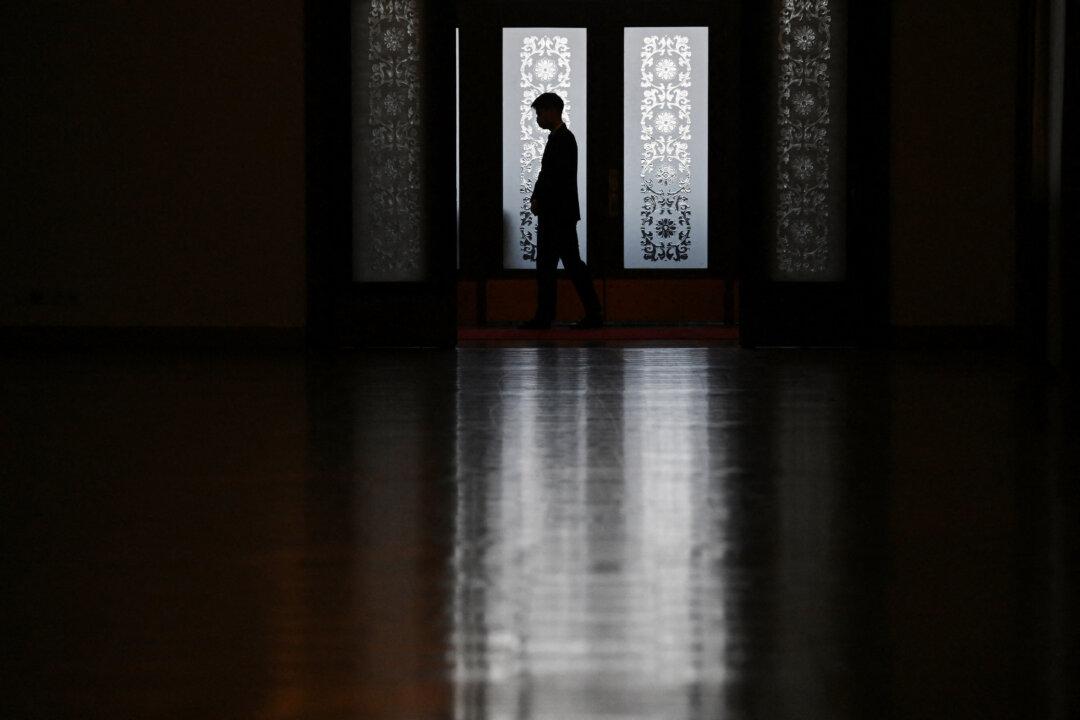The U.S. Secretaries of State and Defense called for the cessation of hostilities in Yemen and for talks between opposing forces in a civil war that has raged on for over three years.
He called on all parties to support a peace effort of U.N. Special Envoy Martin Griffiths, saying “substantive consultations ... must commence this November in a third country to implement confidence-building measures to address the underlying issues of the conflict, the demilitarization of borders, and the concentration of all large weapons under international observation.”
Civil War
The Yemen civil war, reaching back to 2015, has caused a humanitarian crisis with more than 8 million people on the brink of starvation—nearly a third of the country’s population, according to the U.N.The main conflict was started by the Houthi insurgents against the administration of President Abdrabbuh Mansur Hadi.
The Houthis accused Hadi of selling out to an American-Jewish-Arab conspiracy, while Hadi accused the Houthis of being pawns of Iran. The United States, Saudi Arabia, the United Arab Emirates, and other allies back the Hadi government and blame Iran for fueling the conflict.

The Saudis have also produced remnants of missiles and drones they say Iran provided to the Houthis.

“Right now, what the Iranians have done by bringing in missiles ... is interrupted freedom of navigation,“ Mattis said. ”They’re the ones that keep fueling this conflict, and they’re the ones that need to knock it off.”
Iran Under Pressure
The call for a ceasefire comes days before the United States re-imposes sanctions against Iran’s oil industry on Nov. 4. President Donald Trump ordered the sanctions in May following the withdrawal from the Iran nuclear deal. The deal was to postpone Iran’s development of nuclear weapons.Part of the reason Trump tossed the deal was because it didn’t address a plethora of other issues the United States has with Iran, including its development of ballistic missiles, detaining Americans, and support of terrorist groups and militias including Hezbollah, Hamas, and the Houthis.

Terms of Ceasefire
Pompeo said the Yemen ceasefire should start with ending “missile and UAV [Unmanned Aerial Vehicle] strikes from Houthi-controlled areas into the Kingdom of Saudi Arabia and the United Arab Emirates.”“Subsequently, Coalition air strikes must cease in all populated areas in Yemen,” he said.
Mattis said he will also push to “ensure that all the missiles that Iran has provided to the Houthis are put under international watch in parts somewhere where they can be accounted [for].”
He said the United States and like-minded countries are looking to “set the conditions for a return to traditional areas inside Yemen and a government that allows for this amount of local autonomy that Houthis or southerners want.”
He urged “all concerned parties to seize this opportunity” to resume talks, in particular on “enhancing the capacities of the Central Bank of Yemen, the exchange of prisoners and the re-opening of Sana’a airport.”
“We remain committed to bring the Yemeni parties to the negotiations table within a month,” he said.





